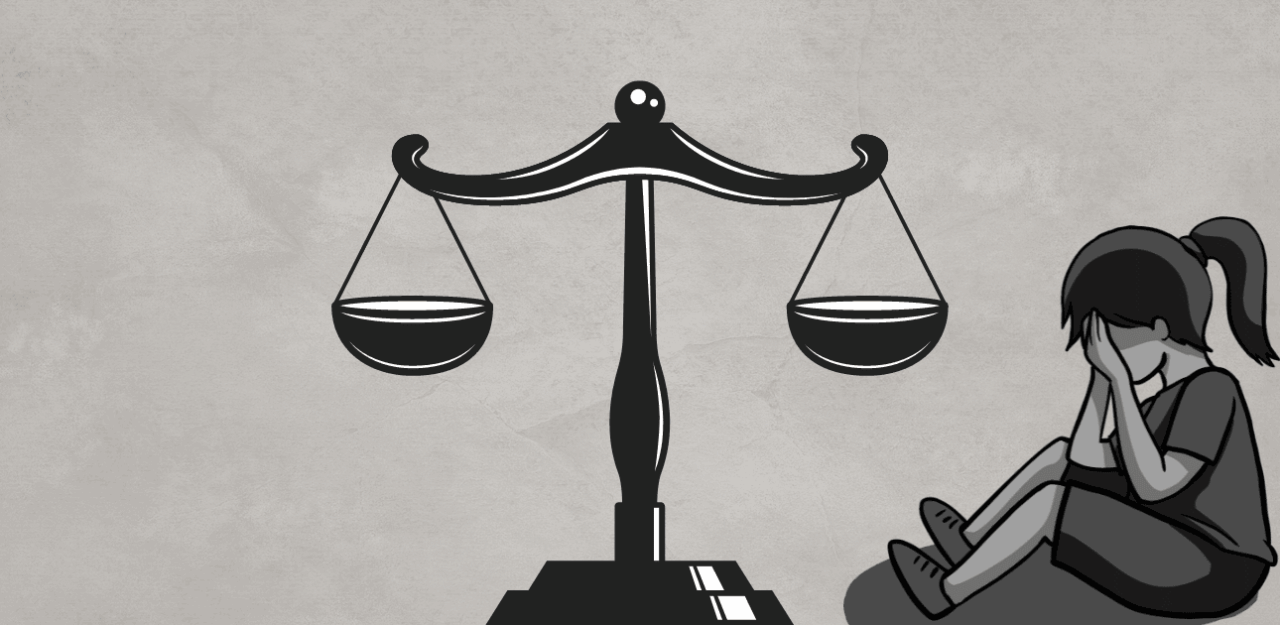Introduction
The judgment unambiguously reaffirms the constitutional guarantee that the dignity of women and children is both fundamental and inviolable. The Court’s resort to an ancient verse in the Manusmriti reaffirms the central significance of women’s dignity as a fundamental cultural and constitutional principle.
Background
The case was brought on a Special Leave Petition against the confirmation of the conviction of the petitioner under Section 6 of the Protection of Children from Sexual Offences Act, 2012 (POCSO Act) and Section 506 of the Indian Penal Code. The father persistently and penetratively abused his ten-year-old daughter at the time of the commission of the offences.
The Trial Court had already found him guilty on the strength of the cogent and convincing evidence of the victim, corroborated by the evidence of her elder sister and confirmatory forensic and medical evidence, including the DNA report. The High Court also upheld the conviction, thus sentencing the accused to life imprisonment along with a fine. The defense further claimed that the victim had made up the allegations based on domestic disputes and unhappiness with her romantic affairs; however, the Supreme Court dismissed such claims as frivolous and maintained the credibility of the victim’s allegations.
Key points
A central element of this decision is the Supreme Court’s invoking of the verse of the Manusmriti: “Yatra nāryastu pūjyante ramante tatra devatāḥ, yaitaastu na pūjyante sarvāstatra aphalāḥ kriyāḥ” — “Where women are treated with respect, there is divinity; and where they are not, all efforts are in vain.”
The Court explained that this verse is not merely a cultural adage but also expresses a constitutional approach that guarantees the protection of women’s dignity. The Court emphasized the deep feeling of betrayal that exists in instances in which a father — traditionally a protector — commits the following acts: “The home, which should be a sanctuary, should not be permitted to be a source of deep anguish. When the parent injures her child, the law must react with relentless and extreme severity.”
The Court reaffirmed settled principles of law, holding that the testimony of a credible child survivor does not have to be corroborated. It described incestuous sexual assault as a particularly odious crime worthy of the severity. To grant clemency or bail after conviction of such crimes would bring justice to a mockery and violate constitutional mandates.
Compensation and Reparation: The order also laid emphasis on justice instead of punishment — i.e., reformation and reparation. Taking a page from Nipun Saxena v. Union of India (2019), the Court directed the government of Himachal Pradesh to compensate Rs. 10,50,000. While Rs. 7,00,000 is to be deposited in a five-year fixed deposit account in the victim’s name with quarterly withdrawal of interest permitted, for her future security, the remaining amount is to be deposited into her account.
Recent Developments
This ruling enhances the legal guidelines provided by the POCSO Act and thereby further enhances the protection mechanism against child sexual exploitation, including the incest case. It establishes a clear connection of constitutional principles with tradition and sends a very clear message: the dignity of children and women is sacred. The Court teaches that homes must be safe havens, not traumatic experiences, and that courts must respond vigorously and without mercy to breaches of family trust.
Conclusion
The Supreme Court judgment reaffirms India’s constitutional promise to safeguard the dignity of women and children from sexual abuse, specifically incest in the family. By reaffirming the conviction and life imprisonment without mercy, the Court reasserts itself as the protector of justice and vulnerable citizens. The mention of Manusmriti brings into focus the convergence of constitutional law and cultural heritage, emphasizing that the vindication of the dignity of women is immutable and supreme.
“PRIME LEGAL is a full-service law firm that has won a National Award and has more than 20 years of experience in an array of sectors and practice areas. Prime legal falls into the category of best law firm, best lawyer, best family lawyer, best divorce lawyer, best divorce law firm, best criminal lawyer, best criminal law firm, best consumer lawyer, best civil lawyer.”
WRITTEN BY __ Kondala Phani Priya


